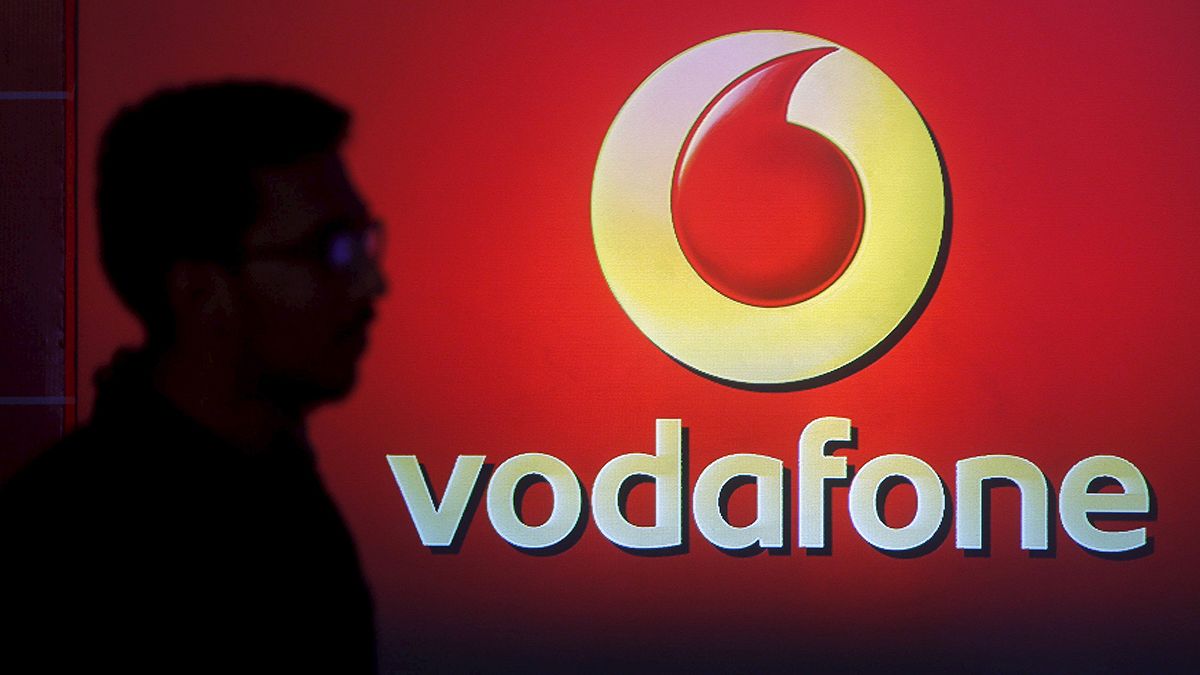India's tax office is pushing for billions in a dispute with Vodafone, even though the matter is the subject of an international arbitration process.
Vodafone has received a demand from India’s tax office to pay $2 billion (1.8 billion euros) in capital gains taxes.
It is threatening seizure of local assets if it does not get the money.
The reminder comes despite the payment being the subject of an international arbitration process.
UK based Vodafone has been involved in a string of tax disputes in India since its 2007 purchase of Hutchison’s mobile phone business there.
In 2012, India’s Supreme Court ruled Vodafone did not owe the money, but the government then changed the law so it could tax such deals retrospectively.
Vodafone, which is one of India’s largest corporate investors, expressed surprise at the tax office notice.
It said in a statement: “In a week when Prime Minister Modi is promoting a tax-friendly environment for foreign investors this seems a complete disconnect between government and the tax department.”
Prime Minister Narendra Modi’s government facing accusations of “tax terrorism” has indeed been trying to move towards a tax-friendly regime to boost foreign investment and reduce the number of outstanding disputes with multinational firms.
Indian revenue secretary Hasmukh Adhia said in social media posts that the tax office’s notice to Vodafone was a routine exercise of sending notices in cases where collection of dues was not ‘stayed’, or temporarily put on hold, by any court.
“The party can always approach assessing office with a request to stay the demand as per law,” Adhia said in posts on his official Twitter account late on Tuesday. “In case assessing officer does not agree, party can go to next higher authority and get a stay.”
A number of other multinational companies including Royal Dutch Shell, IBM, Microsoft and Hewlett-Packard have clashed with India’s tax authorities in recent years.
In most of the cases the tax department has charged the firms with under-invoicing the value of products, services or shares sold to their parents and, therefore, lowering tax liabilities.



